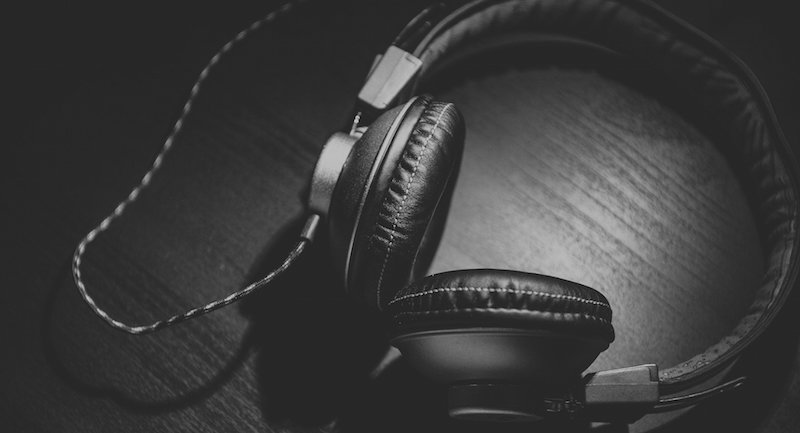Bobby Finger on Finding the Soundtrack to Your Writing
The Importance of Creating the Right Ambiance
This first appeared in Lit Hub’s Craft of Writing newsletter—sign up here.
As I write this, a piece of music called “The Politics of Orgasm,” from Roger Neil’s score to the film 20th Century Women has 441,133 listens on Spotify. While working on my second novel, Four Squares, I likely contributed no fewer than 1,000 of them, playing the song on a loop for hours on end throughout a considerable chunk of my writing sessions. Even now, when imagining the moments from the story and unwritten vignettes involving the characters before and after the pages I wrote, the gentle ambience of that track plays softly in my head. Just as scores can heighten the mood of a filmed scene, they render prose more vivid in my mind; a stroke of color on the words as they flow onto the page.
When it comes to my process, only two things are certain: I cannot write in the morning, and I cannot write in silence. But if the sun is far enough above the horizon and a piece of instrumental music is playing through my headphones, the words will inevitably come — whether at a trickle or, if I’m lucky, a stream.
My habit of using movie scores to fill silence began in childhood, when I asked my parents not for cassette singles of top 40 hits, but instead tapes like James Horner’s profoundly moving score to Apollo 13 and, oddly, David Newman’s stirring compositions for Operation Dumbo Drop (trust me on this one). As a child, I listened to my collection of tapes and, as I grew older, CDs on headphones while doing absolutely nothing else. I can still feel the carpet scratching my elbows, and the satisfying click of a jewel case squeezed shut. This was my private, get-lost-in-my-head music, never played around friends or even through speakers another pair of ears in the house could hear. Once in college and experiencing total autonomy for the first time (and as a textbook example of a creature of habit) I returned to the same music — and countless similar scores I’d collected in the time since — to provide a soundtrack to my own work.
I would like to say that I have an hours-long playlist of tracks that represent the tapestry of emotions I hope to convey in my novels, and that I choose the music to correspond directly to whatever I happen to be writing at any given moment, but the truth is that it’s a fairly small collection of music that makes me feel more or less the exact same way. A hopeful melancholy is just as present in “The Politics of Orgasm” as it is in Alex Somers’ “Let You Down,” Jordan Seigel’s “San Miguel,” Eiko Ishibashi’s “Drive My Car,” Christopher Bear & Daniel Rossen’s “See You,” Dan Romer’s “Stones & Horses,” and Rachel Portman’s “Much Loved.” So I scroll through my little playlist, choose one for the day, click the Repeat Single Track icon, and get to work. Much like all those little apps and settings meant to prevent a person who types on their internet-connected laptop from being distracted by the world just beyond the screen, I came to discover that kind of tonal repetition to be more effective than total silence at keeping me distracted from everything else I could possibly be feeling. I’m at my best as a writer when I’m a little bit sad, a little bit sanguine, so why not dial all the way in?
It’s not that the repetition leads to any kind of somber meditative entrancement (you’ll recall that I did just mention Operation Dumbo Drop)—but there is a subtly hypnotic effect to the infinite echo of a single theme. It does not cure any sort of block I may be feeling, but it can often chip away at it, or at the very least remind me what I ought to be doing instead of staring at a blank page. I read novels to feel, and I suppose I write them for the same reason.




















